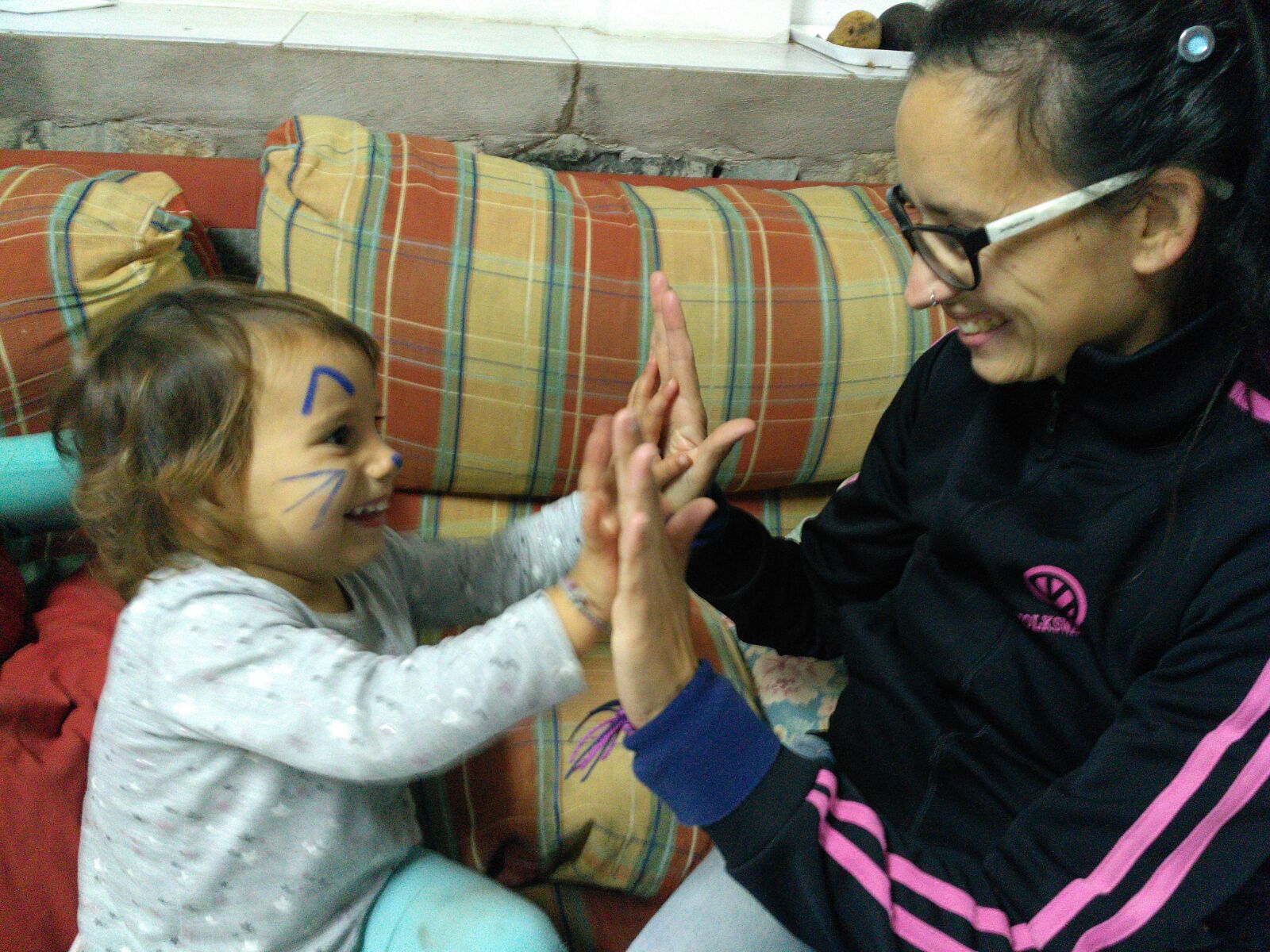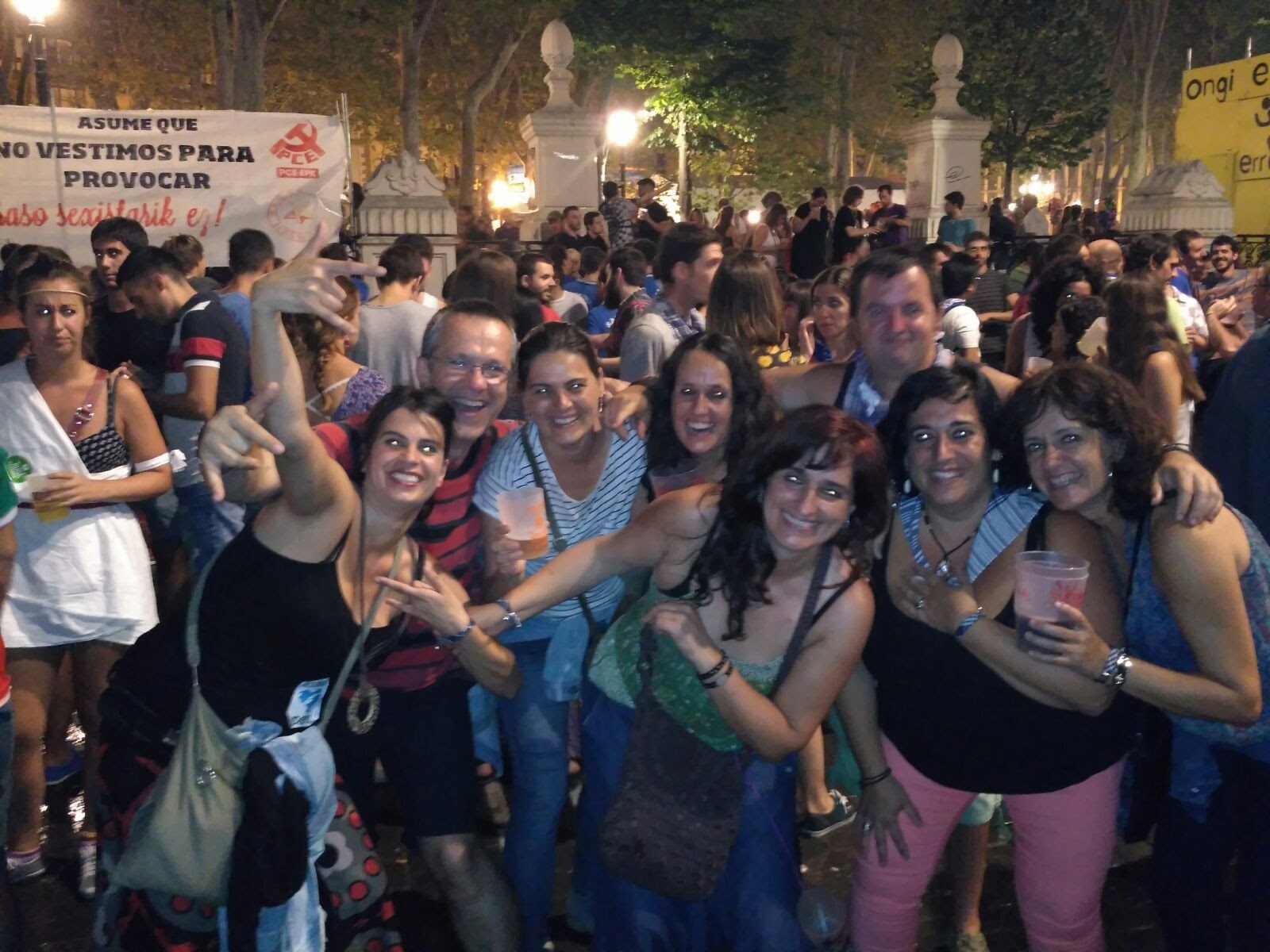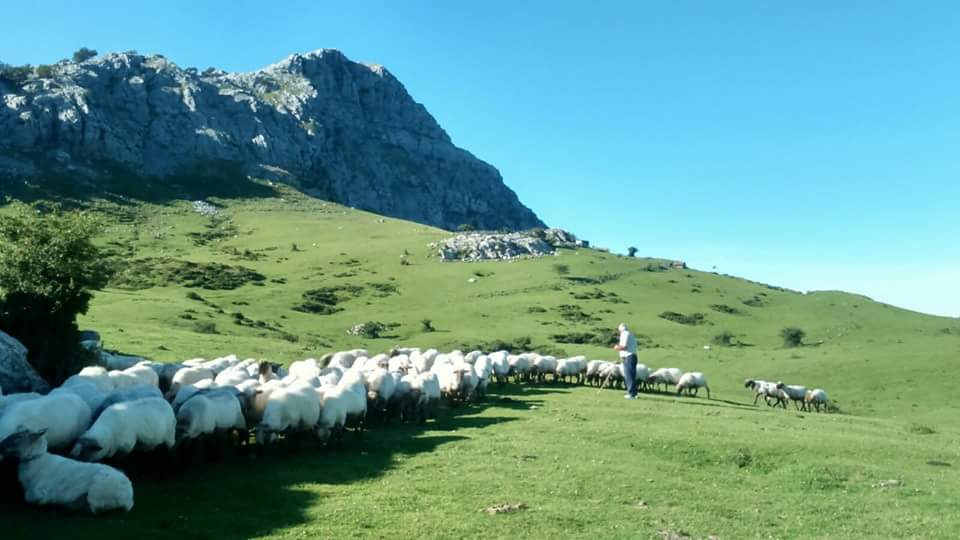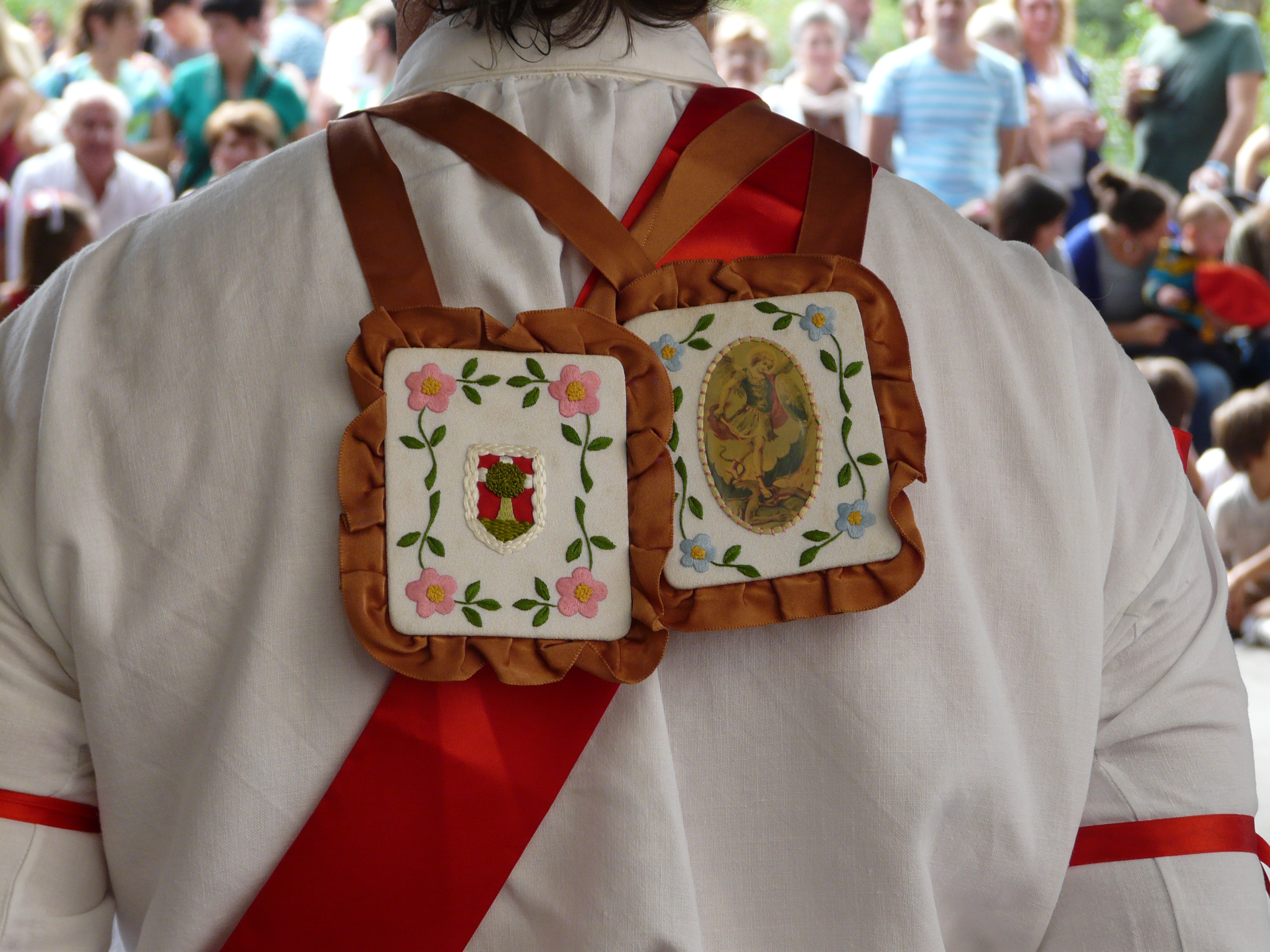Basque ethnography at a glance

Clapping game. Akaitze Kamiruaga. Labayru Fundazioa Photographic Archive.
Any action, reflection or remark is bound by the modern culture of political correctness. This leads publicly exposed people to measure their statements. Whoever dares to stray from this narrow path of acceptability might face harsh criticism, often blown out of proportion in the social media. During my childhood, however, when such restrictions did not exist, I would listen to my grandmother sing some old rhymes, either very gently to help us go to sleep or as mere entertainment until my parents came back from work. Here follow some. (more…)

All-nighter in Bilbao, 2016. Akaitze Kamiruaga. Labayru Fundazioa Photographic Archive.
In the 1980s it became quite common for young boys and girls to pull an all-nighter and party away, particularly during the innumerable patron saint festivities celebrated in the summer throughout the territory. This practice is known in Basque as gaupasa. (more…)
Traditional dances are an essential part of our culture and testimony of our character and personality. Each region maintains its own dances, and some of them extend across regions. In Markina-Xemein two dances are performed on the feast of St Michael, 29 September: the Xemein sword dance and the Mahaiganekoa dance. (more…)

Fields of Arraba. Mount Gorbeia, 2016. Gorane Etxebarria. Labayru Fundazioa Photographic Archive.
The Valley of Carranza is a large municipality in Bizkaia where cattle farming and milk production have acquired such paramount importance as to become its major sign of identity. However, the inhabitants of the valley devoted themselves to shepherding before they turned into cow’s milk producers. Shepherding gradually lost relevance throughout the 20th century, and it is only in recent years, coinciding with the crisis besetting livestock farming, that we notice a rebound in the number of small flocks of sheep grazing the meadows dairy herds frequented in the old days, primarily to keep the pastures ‘clean’ and provide meat and a few cheeses for domestic consumption. (more…)


